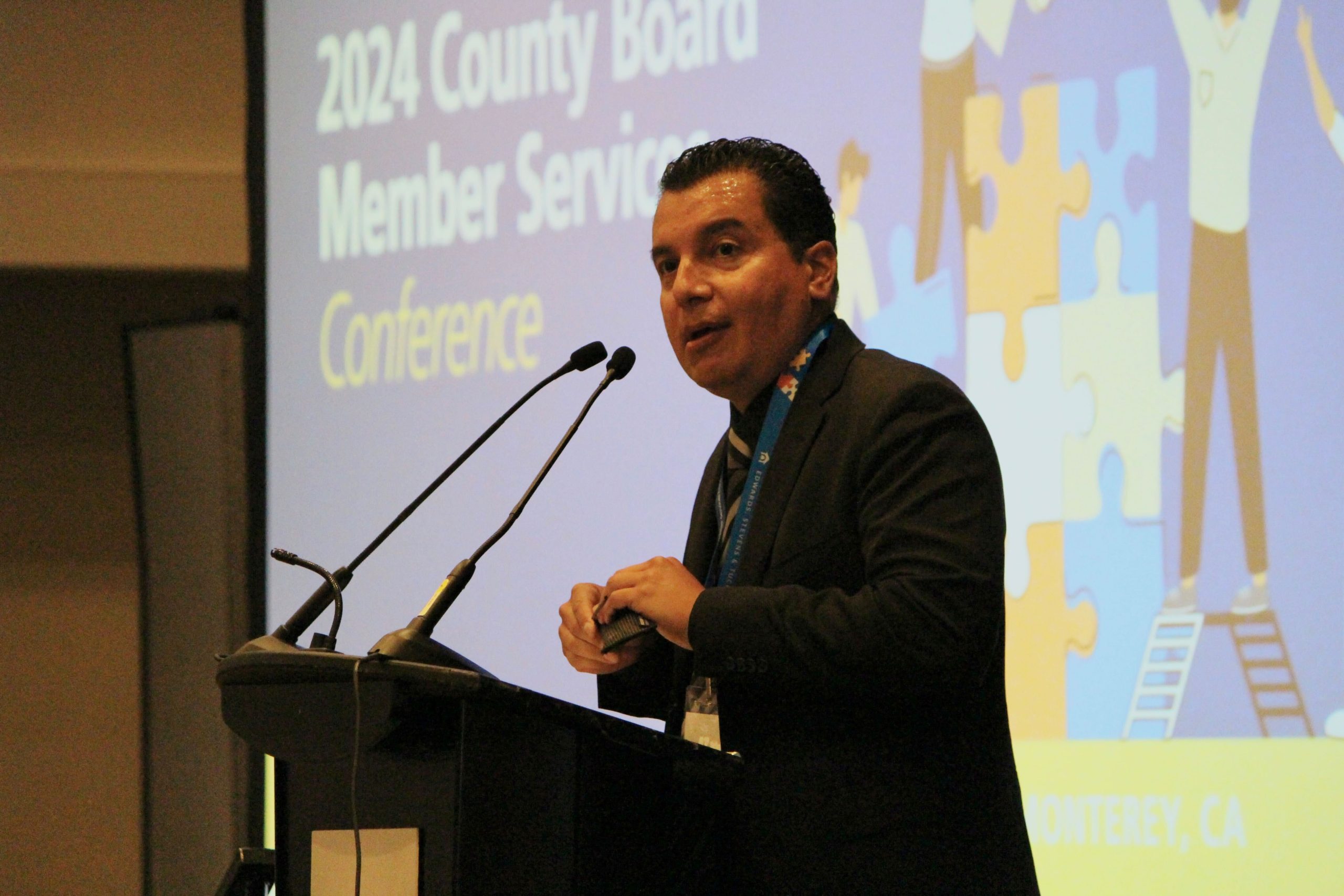Like so many in K-12 education, board members are making significant efforts to adjust their processes and procedures to ensure local educational agencies can efficiently and effectively continue to serve all students. Boards have moved to virtual meetings, operating under a revised set of rules based on Gov. Gavin Newsom’s executive orders waiving portions of the Brown Act.
The revised open meeting rules have left board members and members of the public searching for the best ways to conduct and participate in meetings, while navigating legal and governance issues under the new normal.
CSBA has previously published guidance on the waived Brown Act provisions, and to further help board members navigate these new requirements, CSBA will be hosting a live webinar on Open Board Meetings in a World of School Closures on Friday, May 1, at 1 p.m.
Additionally, here are some helpful tips for hosting virtual board meetings that comply with the revised open meeting laws:
- The agenda for a regular meeting must still be posted at least 72 hours prior to the meeting in a location that is freely accessible to the public, and on the district’s website if the district has a website.
- The public must be able to observe and address the meeting by telephone or other electronic means. The agenda and notice must therefore include the procedure which the public may use to observe the meeting and offer public comment.
- Boards using Zoom or other video conferencing software can allow attendees to comment in real-time, and/or can provide a special email address for the public to submit comments in advance of the meeting.
- Boards may want to create separate, private meeting links for closed sessions to reduce the chances of public access.
- Boards may want to designate someone to manage and monitor public access to the meeting to ensure public comments can be heard and addressed.
- Boards must implement a procedure for receiving and resolving requests for reasonable accommodations from individuals with disabilities.
- Boards should note that the requirements of the Brown Act that would normally require the physical presence of members, the clerk and other personnel are waived during this time.
- The board does not need to make space available for the public to appear.
- Board members do not need to publicly disclose their location.
- Boards do not need to have a quorum of members participate from locations within the boundaries of the district.
Boards should consult their board attorney with questions and concerns about the full impact of the suspension of specific Brown Act meeting requirements on their meetings and district.





